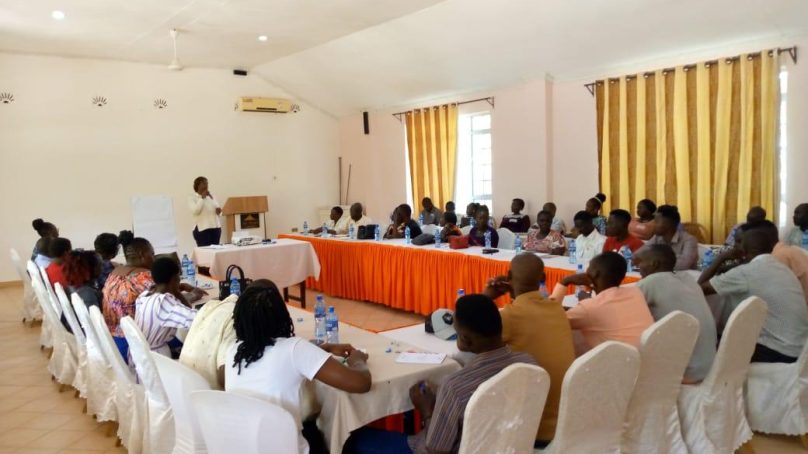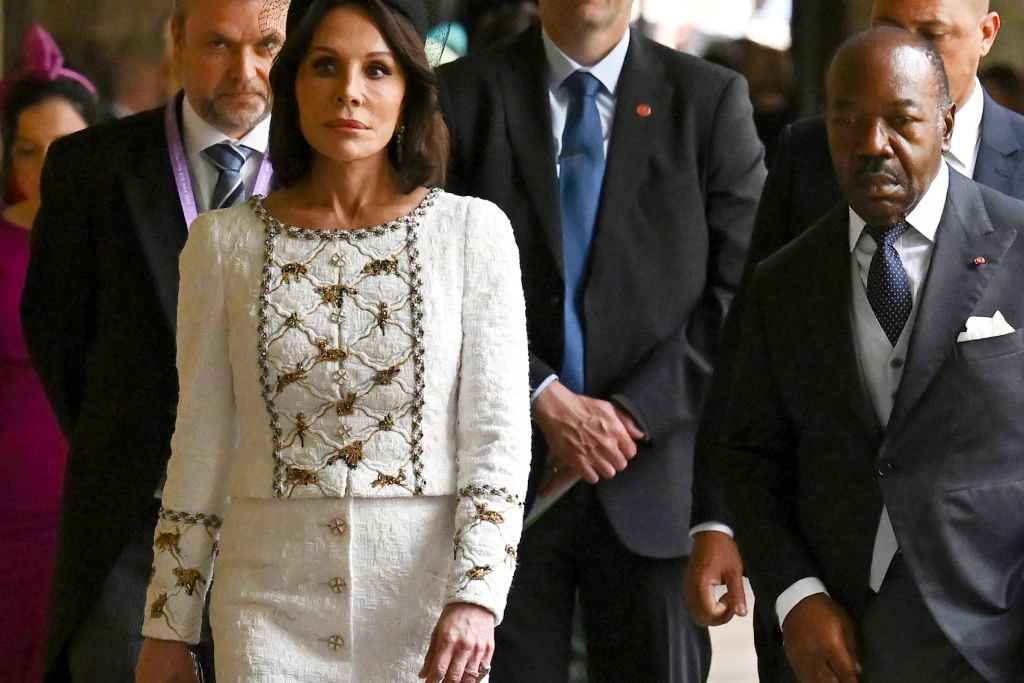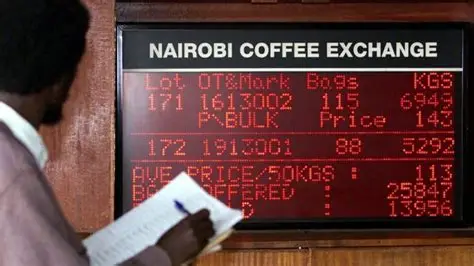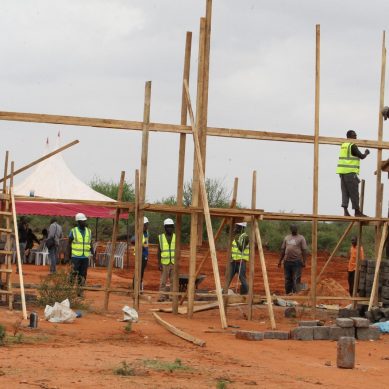
Pastoralist communities in Kenya are culturally and traditionally averse to fish consumption, county governments in regions endowed with lakes and big rivers are robustly to pursuing blue economy development as a source of own revenue.
Turkana County, which is endowed with world’s largest permanent desert lake has taken the cue and has embarked on training women and youth to prepare them to become an integral part of the economy.
Culturally, the Turkana community and their Keiyo and Marakwet neighbours do not at fish, likening the water creature to a reptiles like snakes. However, this is about to change fundamentally.
Turkana County Executive for Trade, Gender, Youth Affairs and Tourism Roseline Aite says the blue economy sector is a key primary of the regional economy. However, she says its potential is yet to be fully harnessed and training local manpower would accelerate the integration of youth and women into the industry.
Aite was speaking during a three-day training on business growth and market access opportunities for fish products from Lake Turkana.
Coming at a time when the county is planning to put up a fish processing plant in Kalokol, the training is expected to generate a critical mass of qualified persons to utilise the upcoming industrial infrastructure.
The training, led by TradeMark Africa and other partners with the support of Mastercard Foundation, focused on fish trade policies, exports standard requirements, market access and diversification, value addition and financial solutions that target individuals and groups in the blue economy sub-sector.
She explained that the county government is committed to encouraging uptake of opportunities in the blue economy and urged the trainees to venture into aquaculture.
“This programme is equally being implemented in five other countries, thus opening up market opportunities for fish products from Turkana to Zambia, Uganda, Tanzania, DRC (Democratic Republic of the Congo) and Nigeria. As a county, we highly encourage youth and women-led groups to take up fishing as a means of livelihood,” Aite said.
Team leader of the trainers Maureen Wanyonyi of TradeMark Africa underlined the uptake of digital solutions such as virtual markets as a means of growing the sector in Turkana. Ms Wanyonyi encouraged locals to embrace of fishing and fish consumption as an avenue for wealth creation and enterprise development capable of employing up to 242,000 youth and women.
Traditionally, trade in fish sector has locked out women and youth led groups, which denies them accees to job opportunities.
Other implementing partners are Lattice Aquaculture Limited, Association of Women in Fisheries Blue Economy Kenya (AWFBEK), Economy Microsave Global Consulting Limited, Kilimotrust and the African Women Fish Processors and Traders Network (AWFishNet).
Suzzane Njeri of AFWBEK said the trainees had learnt mapping of fish value chain locations, understanding and overcoming barriers to participate in blue economy and working within the approved policy and regulatory frameworks.
Turkana Chapter Kenya National Chambers of Commerce and Industry (KNCCI) representative, Mike Nakuwa, described the training as timely as it provided skills to growing a fisheries industry.
- A Tell Media / KNA report / By Peter Gitonga







